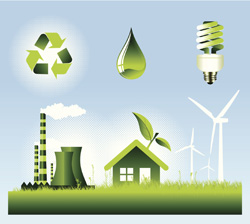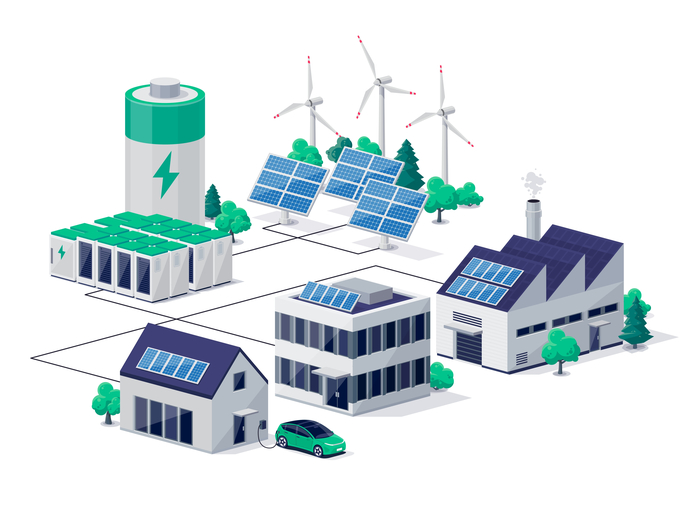Supercooling could enable increased heat storage
PCMs that absorb and release heat resulting in changes in phase are prime candidates for use in thermal energy storage. One promising application is in domestic heating and hot water that accounts for more than 40 % of the EU's overall energy consumption. However, conventional PCMs are only preferable to water-based storage when they are operated over a very narrow temperature range around their phase-change temperature. EU-funded scientists working on the project PIPESTORE(opens in new window) investigated the use of supercooled sodium acetate trihydrate to overcome the limitations of conventional PCMs. Supercooling refers to the cooling of the sodium acetate far below its normal solidification temperature with no further heat loss. Scientists employed a novel pipes-within-a-pipe design targeted for thermal storage integrated with a solar system. The prototype module was successfully operated in supercooled mode. However, parallel modelling results demonstrated modest potential benefits in a solar installation. As such, full-scale tests will follow optimisation for two new applications. These are intended as a replacement for electrical storage heaters that store heat in ceramic materials heated by inexpensive night-time electricity and for recovery of low-grade waste energy from industrial processes. Partners are currently pursuing these avenues of research, the potential of which has been recognised with a grant from the Department of Energy and Climate Change in the United Kingdom. Dependence on fossil fuels is increasingly plagued by a lack of energy security and by price volatility, not to mention the effects of combustion on global climate change. Renewable energy technologies such as the one pursued by PIPESTORE could make a significant contribution to heat and hot water requirements in homes and businesses, demand that accounts for the majority of energy consumption in the EU.







